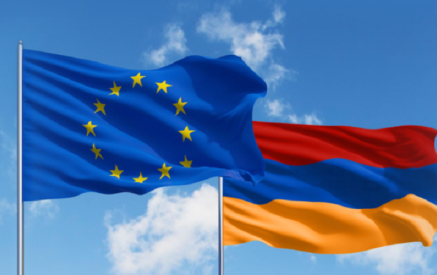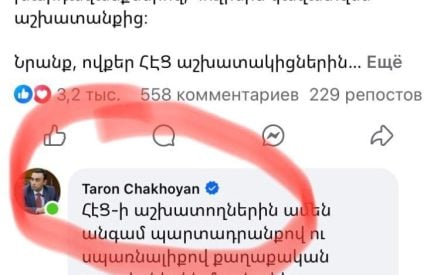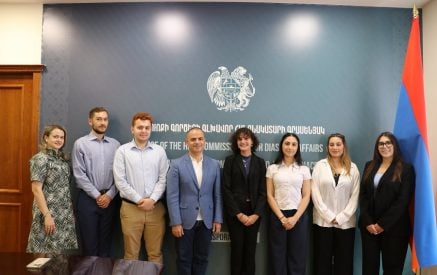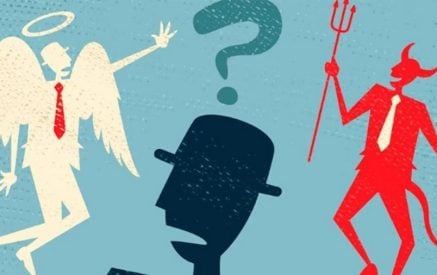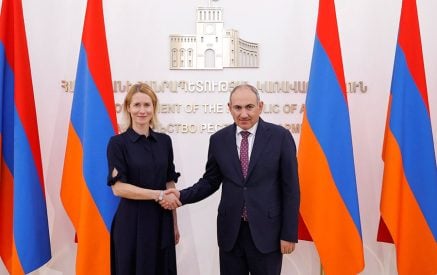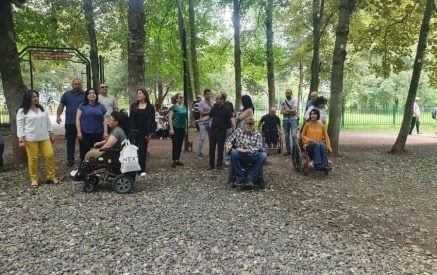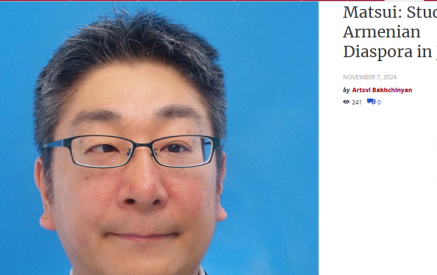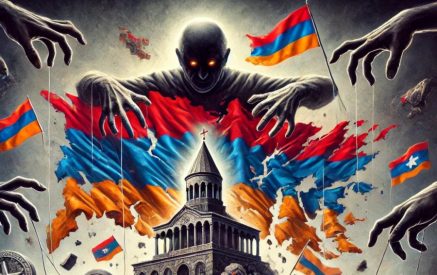Seemingly we don’t know ourselves well
The revolution of 2018, the defeat of 2020, and the results of the parliamentary elections in 2021 still need to be sufficiently studied by the representatives of our public opinion. Superficially, on a political and journalistic level, there is a lot of talk about it.
But all these conversations boil down to prejudiced, one-sided judgments of the participants of the events or their supporters, where propaganda clichés, labels, and hasty conclusions are necessarily present. Moreover, politicians and the people are given titles, regardless of who and how they understand that word. It doesn’t matter whether those labels are positive or negative. The expressions “wise people” or “ignorant people” are equally meaningless scientifically.
In that regard, a question arises: have our scientists studied our people’s history, culture, and psychology well? Maybe it will help to understand better what we want. In that sense, it is interesting to study the experience of other nations, especially those episodes when they were defeated in war and then managed to “rediscover” themselves. This time let’s talk about the Japanese.
Read also
Before World War II, Japan was officially dominated by a political theory called “Kokutai.” That ideology was based on Confucian and Shinto ideas and implied loyalty to the state, unity of rulers and ruled, and obligations to the family and the Emperor. It is clear that after the defeat in 1945, the ideas about the Japanese nation’s mission, the emperor’s divine origin, and the Japanese army’s invincibility were called into question. But after the defeat, some of the “core” norms for the Japanese remained the same, probably because the core was older than the “official” ideology of the 20th century, rooted in centuries of Japanese culture.
And so, in the 1960s, a new idea emerged that helped the nation overcome the shame of defeat. That theory is called “Nihonjinron, “the central pathos of which boils down to the inimitability of Japanese civilization. It is not appropriate here to analyze the features of the Japanese national psyche.
It’s about correctly appreciating ideas and the culture that feeds those ideas. Neither theoretically nor practically, we Armenians do not know what can bring us out of the post-war stupor. It seems to me that we have not even come close to that problem because among us, all expressions with the epithet “national” have been thoroughly discredited: “national mentality,” “national goals,” “national symbols,” and “national awakening.”
We approach it all with sarcasm, fearing that we will be accused of being pharisee or backward if we talk about it. And interestingly, this fear is felt in the media, social networks, and academic circles.
Aram ABRAHAMIAN
“Aravot” daily, 16.05.2023




